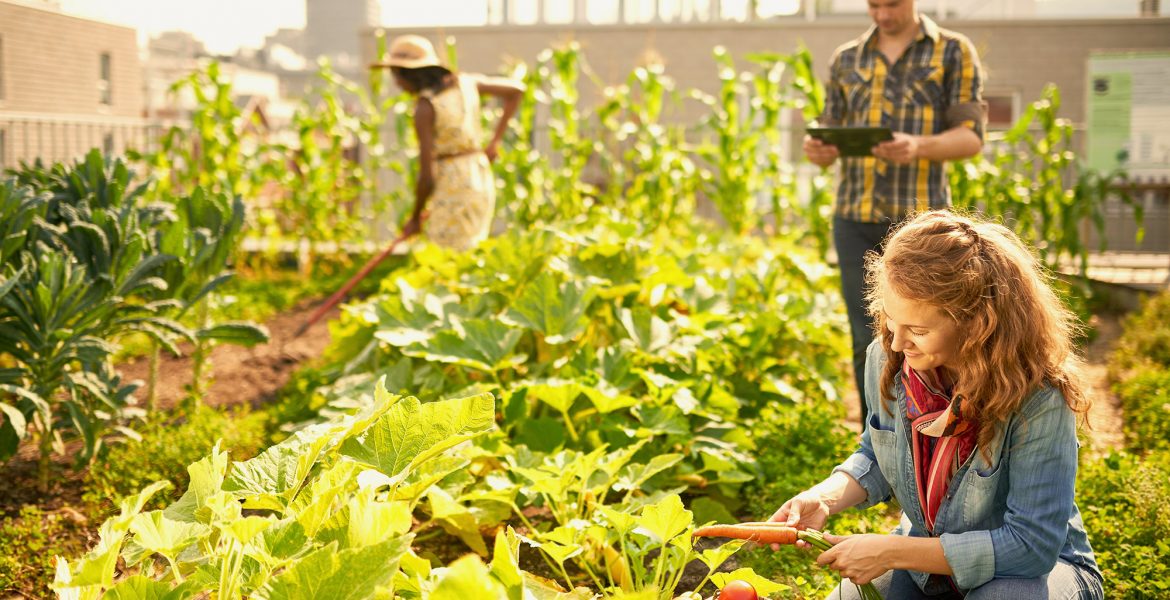The European Commission must strongly resist any attempt by the US to use the newly created transatlantic collaboration platform on agriculture to undermine the implementation of a healthier and more sustainable European food system, Compassion in World Farming EU warned today.
“Partnering with the US on agriculture to tackle sustainability and climate change is a recipe for disaster given the apparently immutable vested interest of the American agribusiness lobby in maintaining the status quo regardless of its devastating impacts on public health, the environment and animal welfare,” said Olga Kikou, Head of Compassion in World Farming EU.
Coming just a few weeks after the European Parliament’s resounding vote in support of the Commission’s Farm to Fork Strategy for a fair, healthy and environmentally-friendly food system, the creation of the transatlantic collaboration platform looks suspiciously like a US attempt to influence the Commission and undermine the strategy’s implementation.
The strategy represents a huge opportunity for the EU to finally take decisive action to transform our unsustainable food system after years of merely paying lip service to the issue.
In light of the worsening climate and biodiversity crises and the Covid-19 pandemic, the Commission’s arguments for moving to a healthier, more sustainable and more resilient food system that includes a greater role for plant-based foods and better animal welfare are even stronger today than when it adopted the strategy 18 months ago.
But this planned reform evidently challenges the status quo, in which the EU is a loyal buyer of US beef and dairy products.
The US is leading opposition to the Farm to Fork strategy under the guise of the politically correct-sounding Sustainable Productivity Growth Coalition . Agriculture Secretary Tom Vilsack has argued the strategy will lead to a reduction in agricultural productivity that will be detrimental for both consumers and producers.
Instead of trying to undermine the Farm to Fork strategy the US would do better to open its eyes to the benefits that healthier and more sustainable food would bring to its own citizens. These potentially include less obesity and other diet-related illness, and reduced greenhouse gas emissions and biodiversity destruction from toxic effluent from its cruel factory farms.
“It is imperative that the Commission now starts putting the Farm to Fork strategy into practice and strongly resists any US attempts to derail it,” Olga Kikou concluded. “Instead of cuddling up passively to the US, Brussels needs to actively defend the strategy against these attacks from across the Atlantic. Giving in to US pressure would betray the European public by undermining Europe’s goal of reaching carbon neutrality by 2050 and by squandering the opportunity to improve people’s lifestyles, their health and the environment, as well as animal welfare standards. The Commission cannot let that happen.”




